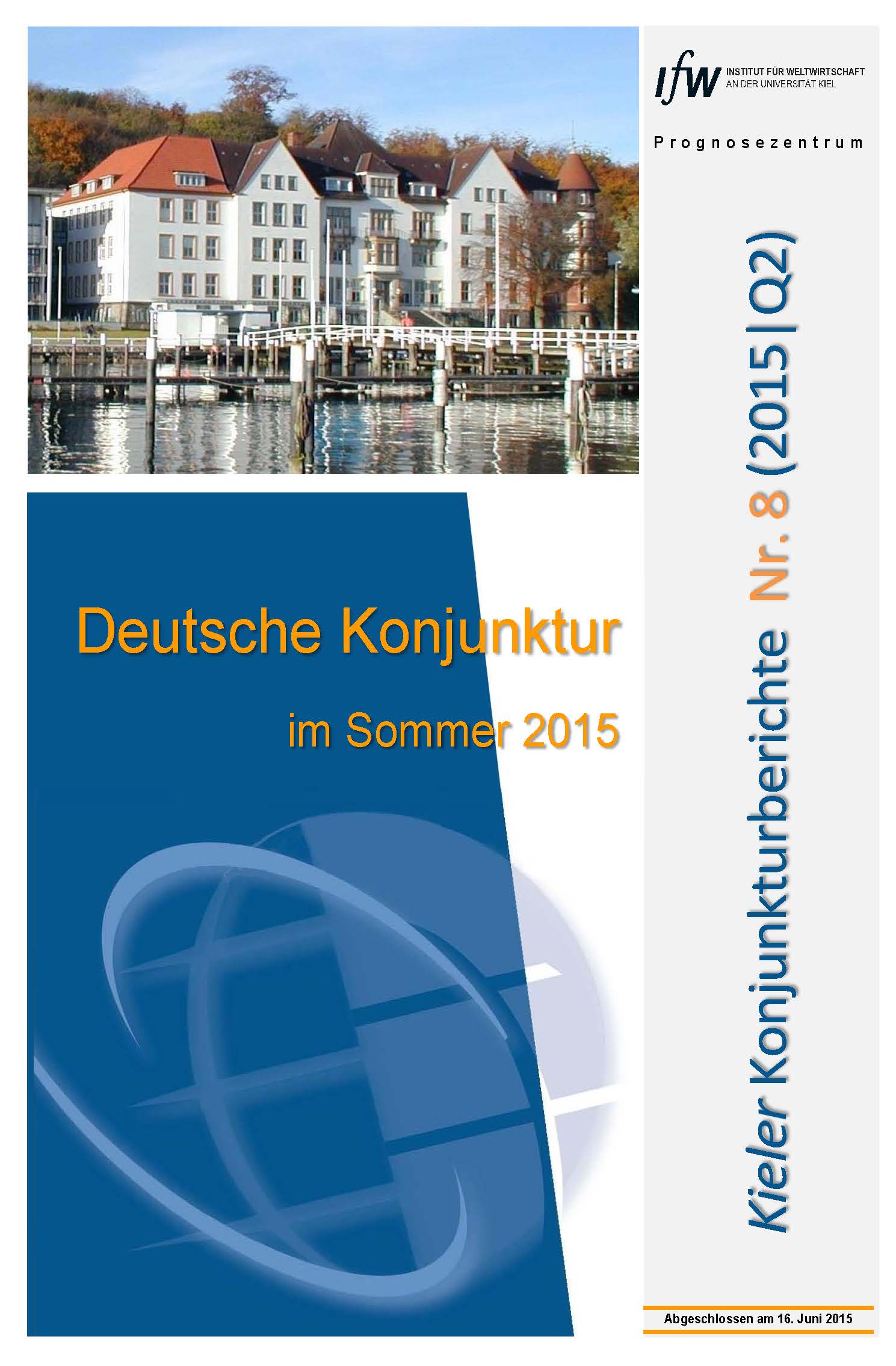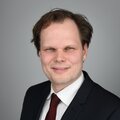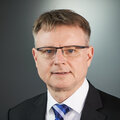
Economic Outlook
German economy: Expansion rate remains high
Authors
Publication Date
Key Words
Related Topics
Business Cycle Germany
Fiscal Policy & National Budgets
Labor Market
The German economy remains on a robust growth track. For the current year we expect GDP to increase by 1.8 percent. Next year, the rate of expansion is likely to accelerate to 2.1 percent. The private consumption boom continues, albeit not quite at the same rapid pace as in the past quarters, as temporary stimulating factors are gradually subsiding. Investment spending is gaining strength and is to become the key economic driver next year, also against an ongoing favorable monetary backdrop. Exports are performing well in spite of an ongoing, difficult international environment and are additionally being stimulated by the euro depreciation. At the same time, imports are likely to accelerate substantially owing to the high economic momentum prevailing in Germany. Inflation is picking up again after a marked interim dampening by the oil price decline and will probably reach just under 2 percent next year. Employment trends continue to point upwards. At the same time, there are first signs of negative employment effects of the introduction of the legal minimum wage. Public-sector budgets continue to generate surpluses; this, however, is essentially a reflection of positive economic trends and not of any particular fiscal consolidation efforts. On the whole, there is a danger of economic policymakers misguidedly perceiving the positive cyclical development as an occasion for a respite. Considerable risks to the forecast remain (in particular from the external sector). However, the cyclical downside risks that would emerge from a further escalation of the crisis surrounding Greece are probably significantly lower than only a few years ago.







